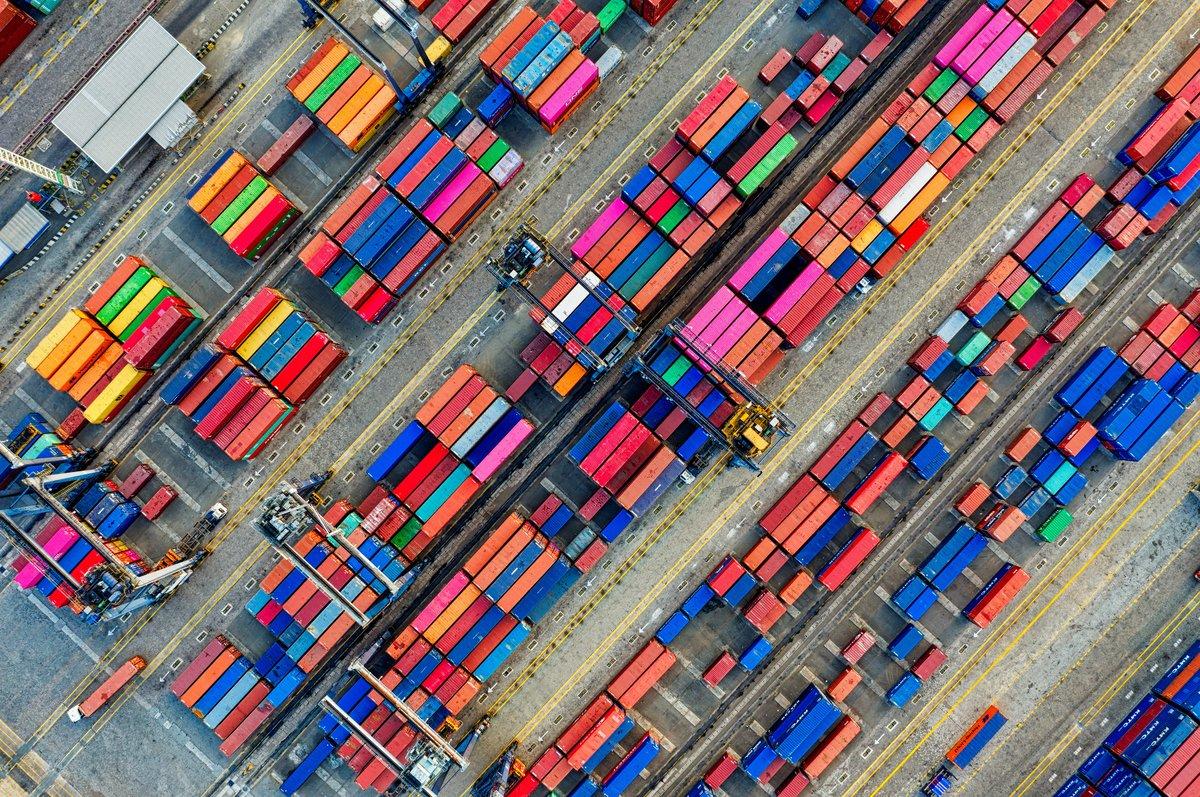AUTHOR: Antoine Oger
Building a more circular economy is key to sustainable growth and addressing challenges like climate change. Trade relations in particular are a crucial vessel to foster circular economy opportunities and support sustainable development in the global south.
Building a more circular economy is key to sustainable growth and addressing challenges like climate change. The uptake of the circular economy is increasing worldwide, and cooperation on an international level is key to unlocking the benefits of scale tied to a global circular economy.
A recent event co-hosted by IEEP, the Lagos State Environmental Protection Agency (LASEPA) and the Finnish Innovation Fund Sitra discussed efforts being made by Nigeria and the EU to foster circular economy opportunities and support sustainable development.
In March 2020, the EU took a substantial step forward towards the transition to a European circular economy by adopting a new EU Circular Economy Action Plan (CEAP). The CEAP recognises the need to scale up towards a global circular economy, notably proposing the establishment of global cooperation initiatives such as the Global Circular Economy Alliance (GACERE) and advancing circular economy objectives through free trade agreements (FTAs).
Nigeria is also actively developing circular economy initiatives as a founding member of the Africa Circular Economy Alliance and with the constitution on the Nigeria Circular Economy Working Group tasked to design a national policy framework to foster CE principles in the country. This context provides an opportunity to identify avenues for closer cooperation on the implementation of circular economy policies and practices bilaterally.
IEEP developed a case study that was presented during that event, and which identifies key sectors that benefit from the Nigeria-EU trade relations as well as show potential for further collaboration and integration of circular economy policies and practices. You can rewatch that event below and read the case study, available here.
Insights from the speakers
“Everybody’s waste is somebody’s raw material; in the CE framework for example, crude oil has 10 life cycles, up to petroleum gelee, cosmetics, shampoos and others. But there is no information, there is no publicity, there is no environmental awareness about the opportunity of making wealth out of waste or understanding that there are opportunities dealing with this waste.”
— Dr Adedolapo FASAWE, CEO, Lagos State Environmental Protection Agency (LASEPA)
“In the EU-Nigeria relations, we have to look at an agenda for circular economy that includes green growth strategy. We believe that being a resource-based country, any circular economy approach would have to take into account that the current GSP system only covers 1% of EU-Nigeria trade. In that context, the Circular Economy roadmap under development requires a lot of engagement from all stakeholders.”
— Dr Innocent ONAH, African Development Bank – Nigerian Circular Economy Working Group (NCEWG)
“Under the 10th EDF there was nothing relating to Circular Economy in our cooperation activity with Nigeria, while under the 11th which ended in 2020, we have had some activities but not full-fledged. Now Circular Economy has taken centre stage in all we do under the green and digital economy which is priority number 1 of the new NIP/MFF for Nigeria.”
— Godfrey OGBEMUDIA, Project Officer, Energy & Circular Economy, EU Delegation Nigeria
“A dimension that would be interesting to look at is the regional trade dimension. One of the biggest challenges for Nigeria is going to be on economic diversification and moving away from reliance on extractive industries. The structures under regional trade tend to be much more diversified and that may be an avenue for Nigeria, including through cooperation to build circular economy value chains.”
— Christophe BELLMANN, Head of Policy Analysis and Strategy, Forum on Trade, Environment and the SDGs (TESS)
“Large companies in Nigeria feel the pressure of operating in international markets and they feel an expectation that something is happening on circular economy. We work with them to certify their own internal procedures on circular economy, particularly on repurposing, remanufacturing, remaking new products out of old ones. There are some efforts to be done on coordination but there is a lot happening on the ground.”
— Natalie BEINISCH, Executive Director, Circular Economy Innovation Partnership
This event and report are part of a project funded by Sitra on international trade and the uptake of the circular economy cooperation. In that context IEEP also developed a case study on the EU-Canada relations, and is currently working on one focusing on EU-MERCOSUR. This last case study will be available by end of April.
© Photo by Tom Fisk on Pexels


